“Keep passing the open windows.”
-John Irving
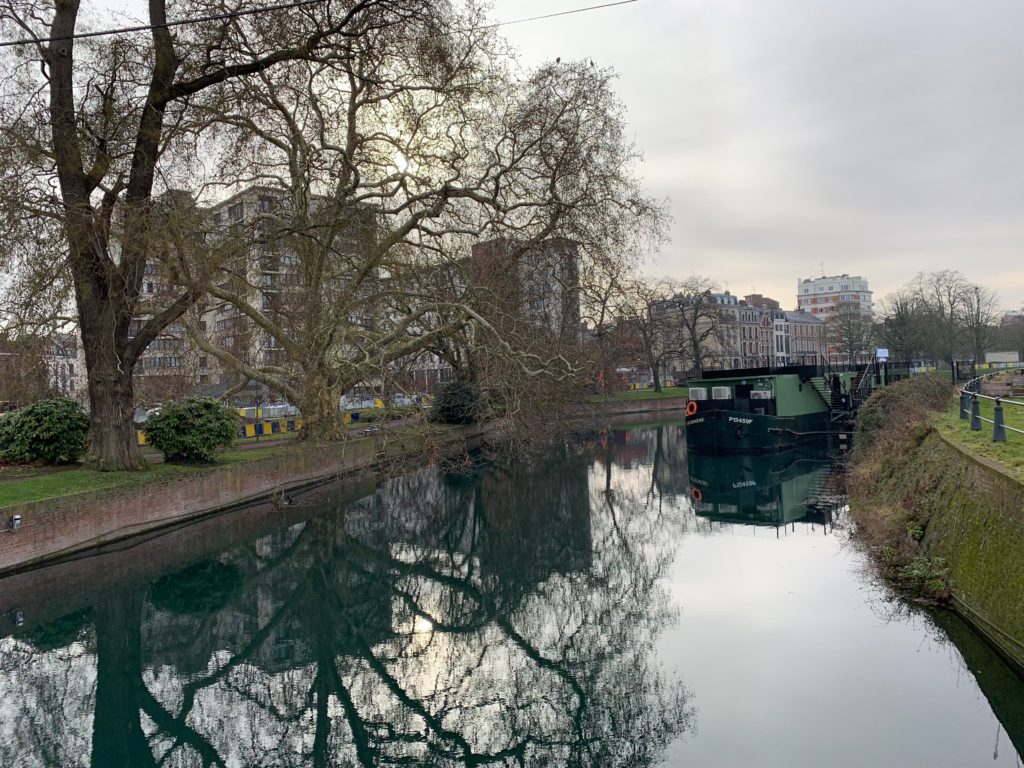
I recently spent a week at an off-site meeting. The building that we gathered in was, in itself, a bit of an artifact; the 500-year-old structure offered an old-world stony charm with few reasonable attempts at modernization. When I say reasonable, I say this because the temperature differential was not at a level that my 21stcentury constitution appreciated. There were a dozen medium-sized white radiators sitting under tall windows that lined the perimeter of a massive second floor. In the protracted mornings of winter darkness, I had no doubt that those windows were fashioned to let in as much light as possible. As for the potential heating sources of five hundred years ago, I imagined that the emphasized light was meant to suggest more warmth than was provided.
Each morning was a bit rough. Every time I took my place in one of the cold and unwelcoming chairs, I reaffirmed my conclusion that it would have been unbearable to exist in days of yore. I never would have made it out of the morning alive.
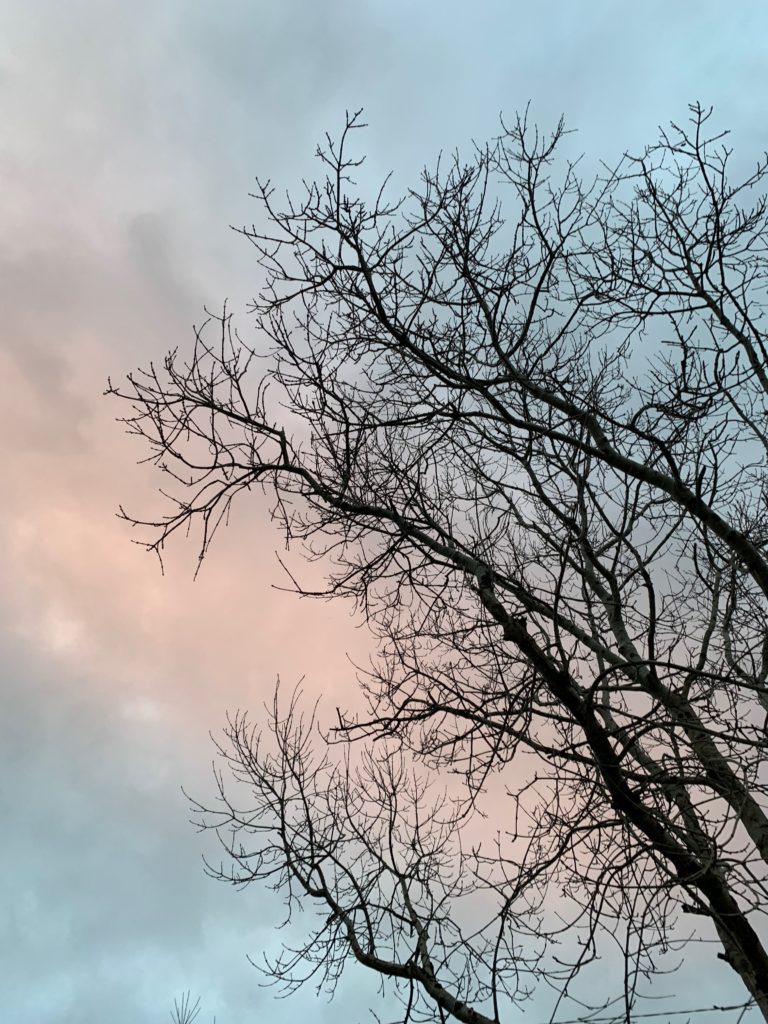
While the cold and lack of modern comfort was of low-grade annoyance, I think that it was more the darkness within the twenty-four-hour day that affected my overall demeanor. During this time of the year, the sun doesn’t rise until 8:30 each morning—and then when it finally does pull itself above the tree tops, the quality of light is akin to a dim-watt lightbulb. Our meetings started at 8 o’clock, and I could never help but spend the first 90 minutes shifting in silent protest in my wooden chair. I’d continually look over my shoulder out the curtainless windows, trying my best to gauge the quality of the sky’s contrast against the bony trees. Of course, if I had just trusted in the passage of time, invariably at about an hour past sunrise, the sun’s rays would start to streak across the room. But I’d still be looking for it; the relief that I found in the sun finally hitting my face and outstretched legs was always impressively palpable.
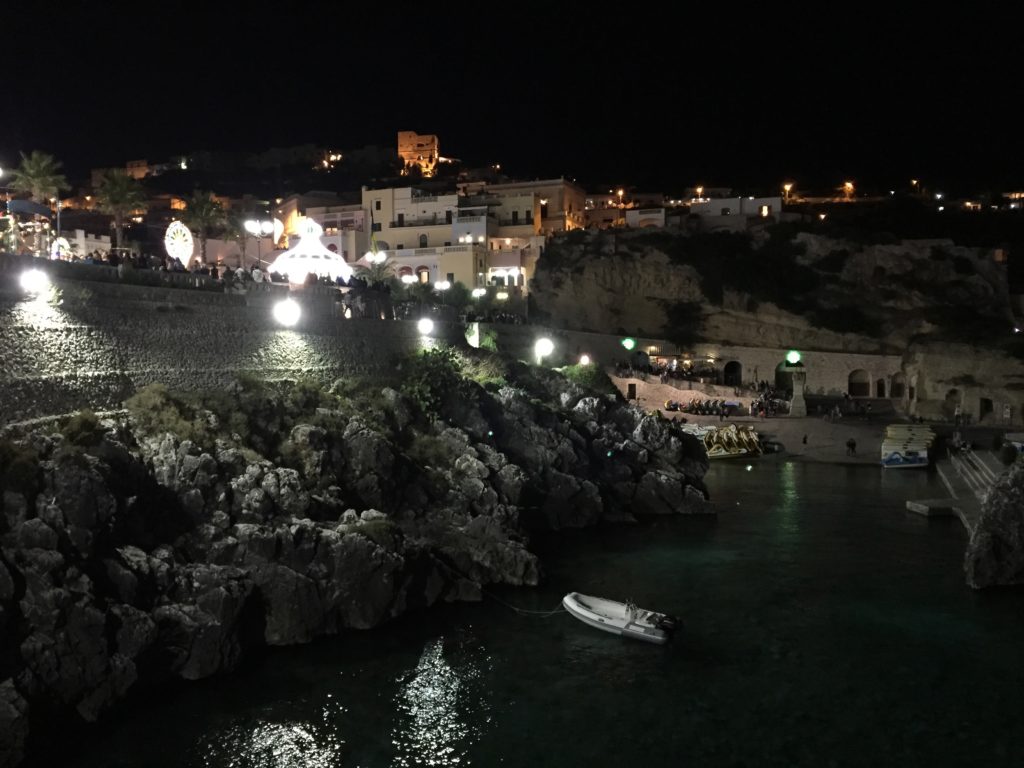
The cyclical passage of night into day reminded me a bit of a primitive video game that I used to play as a kid. The premise was that you were a vampire hunter, and you moved through an 8-bit computer story while slaying an array of monsters coming at you. You’d equip yourself with a chain whip, or perhaps even an ever-powerful bottle of holy water. As you made your way through the side-scrolling storyboard, day would fall to night and then move back to daytime again. Whenever the screen darkened to nightfall, the danger heightened and the threats grew more dangerous. That’s when you really needed the holy water. The key was to survive until the screen would suddenly brighten and the words, “The morning sun has vanquished the horrible night” flashed across the screen. You lived to fight another day.
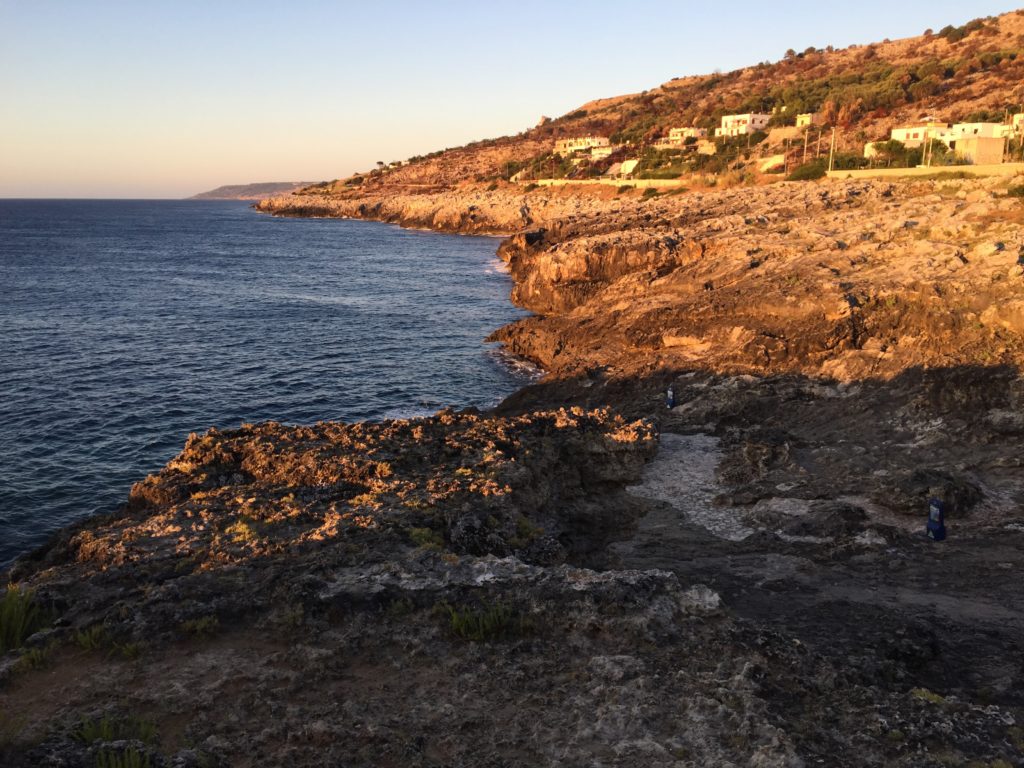
I don’t think that many of us ever feel much like our human selves in the early hours of each day. It doesn’t help that the darkness accompanying this time of the year presents an added element of adversity—and this is not to mention the bonuses that come with adulthood. You spend an evening enjoying a glass or two of escapism, and I can guarantee that your willingness to rise and shine is further hampered. What I do find, however, is that if I just need to get myself to a point where the sun is just above the clouds—when I can bear witness to the breaking day—then the remaining hours never feel so daunting. Maybe it’s the cumulative effect of the coffee, or maybe it’s the natural effect of daylight—whatever the case, last week I found those mid-morning rays to be crucial. They supplied me with a renewed faith that I could negotiate hard chairs, cold air and boring lecturers without much of a fuss.
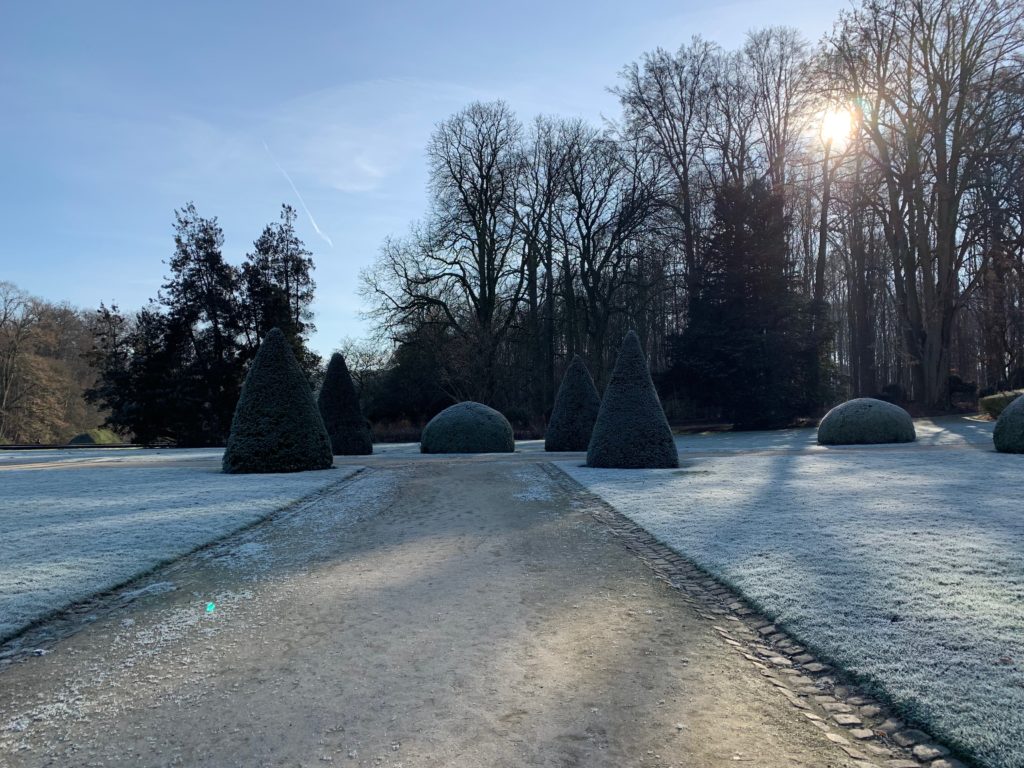
I also had a tangential thought as I sat in those meetings: I had an aunt who departed from this life two years ago. She was a perpetual hermit who lived alone for the most part of her life. She worked a ton and counted few close friends. She once told her sister, “I like the dark”—a statement that, I will admit has always felt a bit unsettling. She died largely alone too—a fate that was her choice—but one her entire perspective especially in the late years of her life filled me with a quiet does of malaise. How can someone find affection in the darkness? Was she always this way, or did she cultivate this outlook as she grew older? You might see where this line of thinking could take a person. Especially a relative.
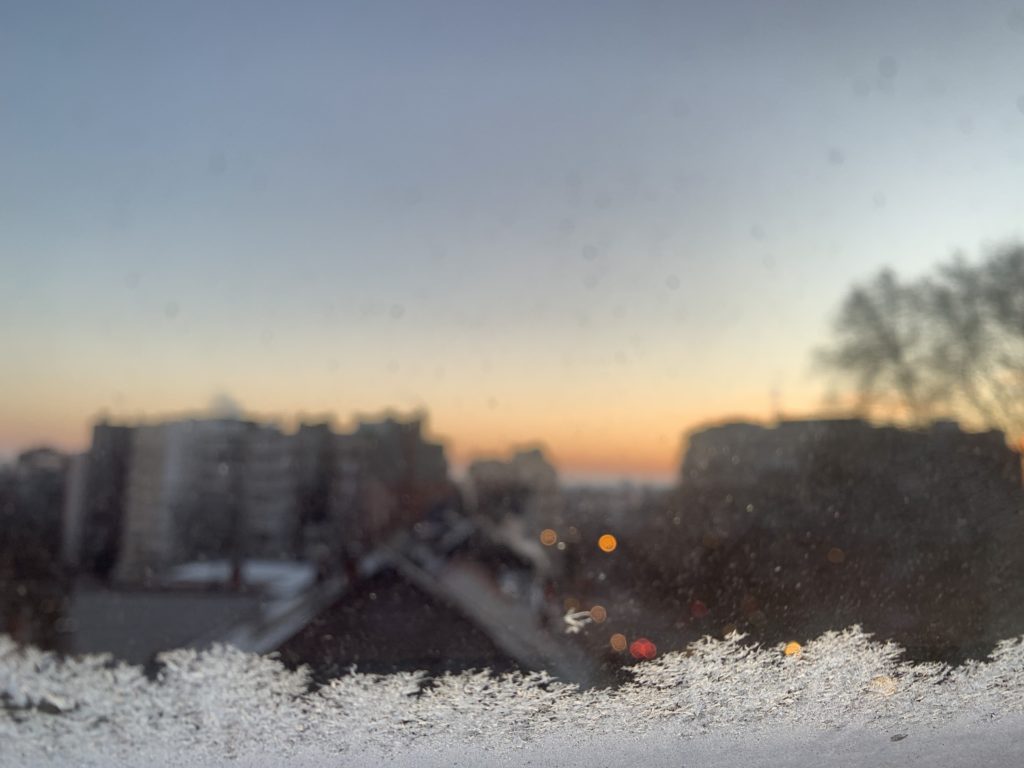
Back in the cold lecture room, I continued to play a mental game of anticipating and then appreciating the sun for its properties of renewal. Intellectually, I knew that we would all endure the week of discomfort, and that the morning hours were really not so horrible. Soon I’d be gone from the cold space and back to a place that at least offered carpeting and modern heating. But even in departing, the winter hours would remain. I am not a great fan of the darkness—but a part of me wonders if this feeling will ever change.
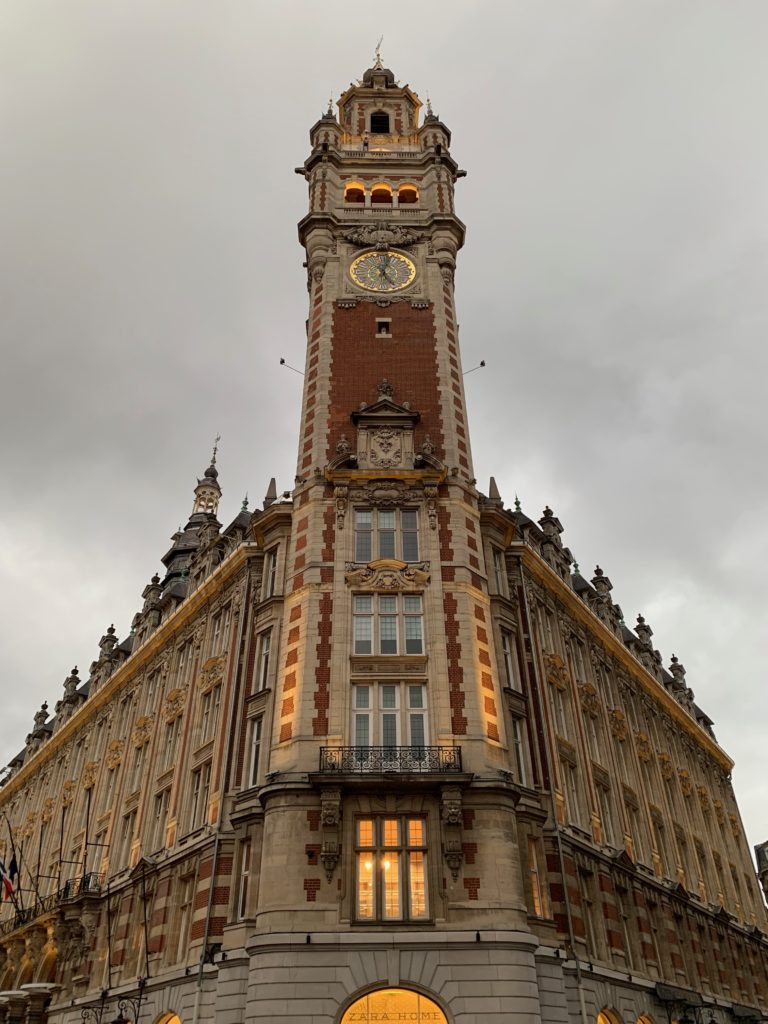
As we grow older and move past the proverbial midday of existence, darkness is something that we can’t help but become more conscious of. I know that the passing seasons will continue on, just as my early morning meetings at any time of the year will test my steeliness to endure. I laughed this morning when I heard a BBC report about today being “Blue Monday”—a day in the year that is deemed most depressing. “That’s ridiculous,” I thought to myself as I read the report—after all, I awoke to Blue Monday by learning the Patriots were going back to the Superbowl! But I moved beyond this hometown headline and reflected on my off-site week that was filled with vampire hunting, dimly-lit hours and of course, a meditation on family who found comfort in these dark blue conditions.
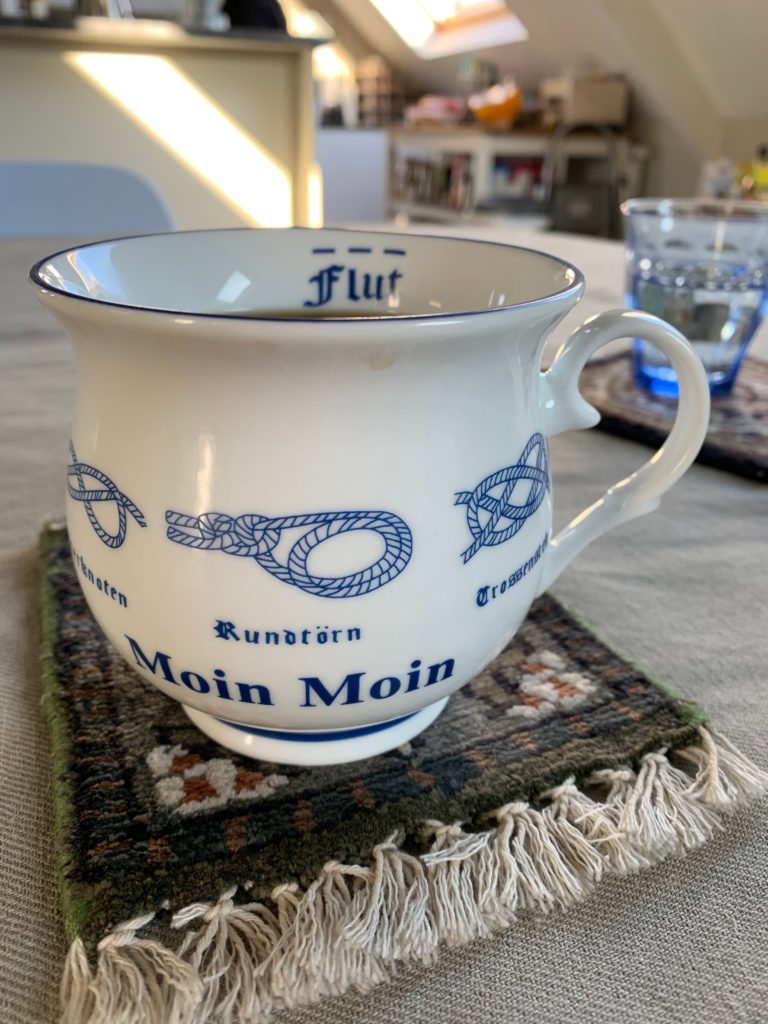
I’m still not sure what to make of it all, but ultimately I took heart in the BBC News report—just as I found relief in the slow rising sun that materialized each day. Five hundred years from now, it’s likely that humans will still be sitting in crappy seats that occupy an unwelcoming yet historic lecture hall. They’ll sit there and drink lukewarm coffee out of plastic cups. They’ll be willing the passing of a dull winter workweek by dreaming of brighter moments promising a lighter touch. And just as the sun hits, they will be reminded that things for that day at least will be okay, that the darkness always has a lighter side. The morning sun is always there, vanquishing the worst parts of the night.